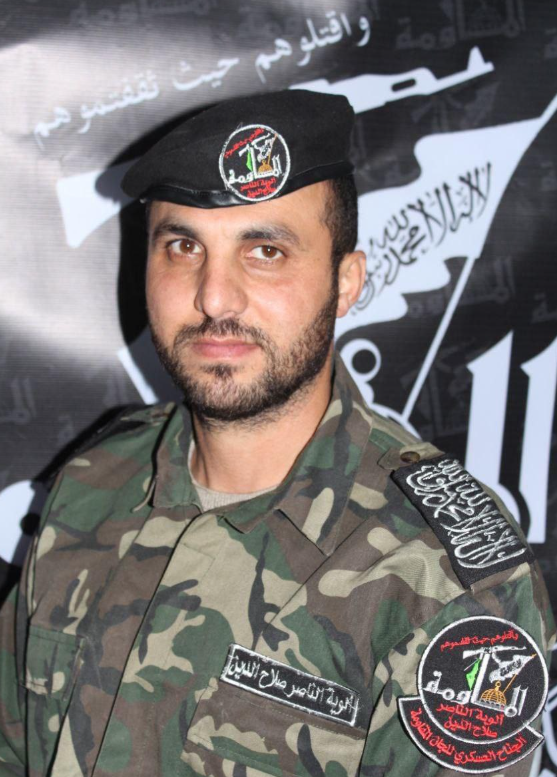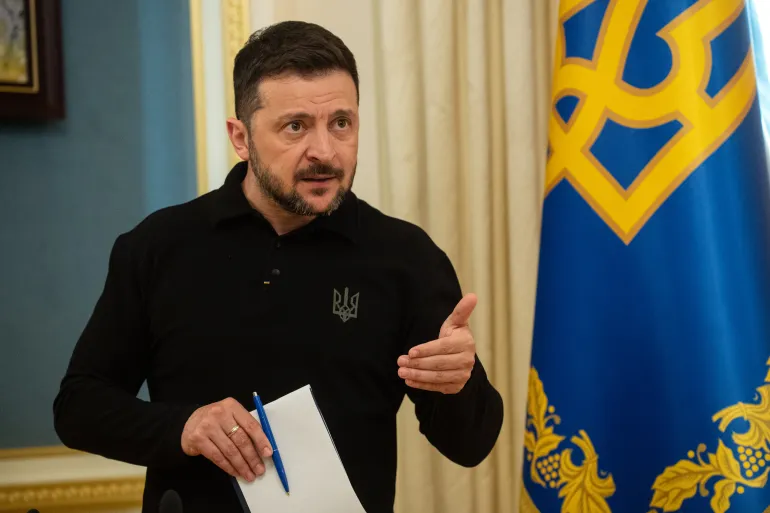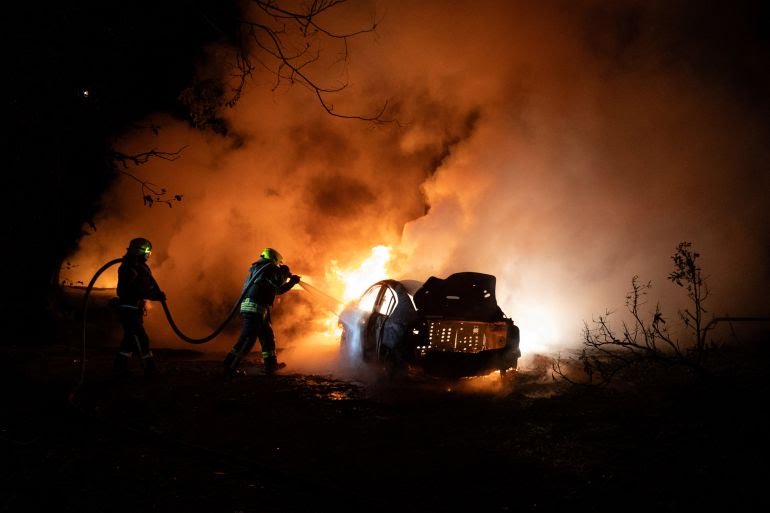Israeli special forces reportedly carried out a targeted assassination in Gaza, killing a senior Palestinian resistance commander while disguised as Palestinian women, according to a report by The New Arab on May 22, 2025. The operation, described by analysts as an unconventional undercover strike, took place in the city of Rafah, where intense Israeli military activity has been escalating.
The commander, a senior figure within Al-Quds Brigades, the armed wing of Islamic Jihad, was ambushed while moving through a civilian district. Palestinian sources confirmed that the assailants were dressed in women’s clothing, concealing weapons and identities, a tactic designed to bypass both local and militant surveillance.
“They infiltrated the neighborhood posing as women in traditional dress, then executed the operation with military precision,” one local eyewitness told reporters.
Targeted Killing Amid Gaza Escalation
This latest assassination comes during a broader Israeli military campaign in southern Gaza, particularly in Rafah, where hundreds of thousands of displaced Palestinians have sought shelter. Israel has intensified its efforts to eliminate key militant leaders, arguing that such figures are orchestrating rocket fire and guerrilla operations against Israeli forces.
The slain commander was reportedly responsible for coordinating cross-border attacks and weapons smuggling, according to unnamed Israeli military sources. However, Israeli officials have neither confirmed nor denied responsibility for the operation.
Covert Tactics Raise Legal and Ethical Questions
The use of disguise in warfare, particularly dressing as civilians, has drawn condemnation from Palestinian groups and legal experts. Under international law, such tactics risk violating the rules of armed conflict, especially if they endanger non-combatants or blur the lines between civilians and combatants.
“This is not just a military operation — it’s a deliberate violation of international norms,” said a spokesperson for the Palestinian Centre for Human Rights. “It puts real Palestinian women at greater risk.”
Critics argue that such covert tactics foster fear and distrust in already devastated civilian communities and can provoke retaliatory violence.
🇵🇸 Palestinian Response and Repercussions
In the wake of the incident, Islamic Jihad vowed retaliation, calling the killing a cowardly act of infiltration and warning that Israeli forces would “pay a price.” Hamas also condemned the act, framing it as part of a broader Israeli campaign of psychological warfare and collective punishment in Gaza.
The assassination could trigger a new wave of clashes in Rafah and beyond, further complicating international ceasefire efforts being led by Egypt and Qatar.
“The occupation wants to kill us and humiliate our women in the same breath,” said a Gaza-based Islamic Jihad commander in a televised statement.
International Silence and Humanitarian Crisis
Thus far, the international community has largely remained silent on the reported killing. Human rights organizations, however, have renewed calls for independent investigations into Israeli conduct in Gaza, particularly given the rising civilian death toll and targeting of alleged militants in densely populated areas.
The incident has added to fears that Gaza’s humanitarian situation could worsen, especially as evacuation routes are closed and aid convoys face restrictions amid continued Israeli bombardment.
What to Watch
- Possible retaliatory attacks by Islamic Jihad and allied factions
- Rising tension in southern Gaza, especially Rafah
- International legal responses to covert operations involving disguises
- Impact on ongoing ceasefire and mediation efforts
- Renewed scrutiny of Israel’s special operations tactics
This covert strike deep inside Gaza, carried out through deception and disguise, marks a dramatic escalation in Israel’s campaign to dismantle militant infrastructure — but it may also deepen the cycle of mistrust, retaliation, and suffering in a region already on the brink.
Source; The New Arab



